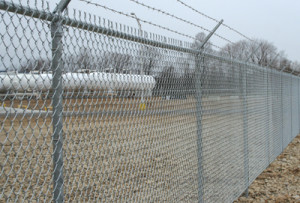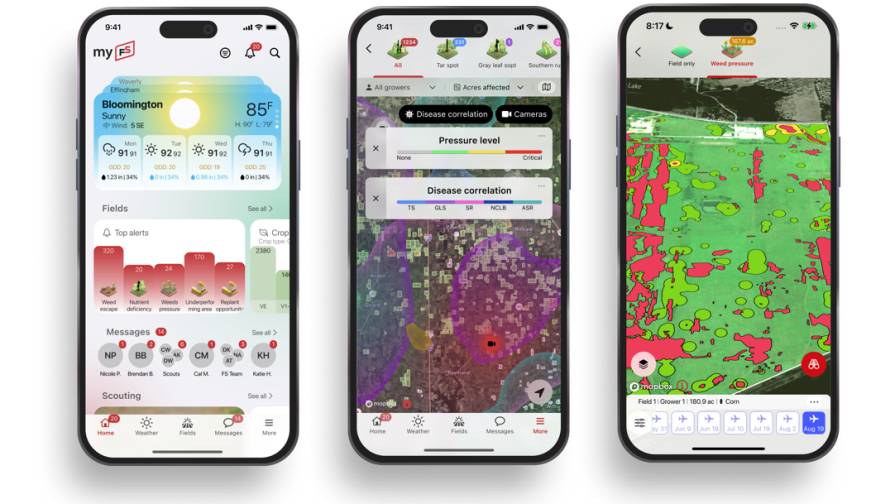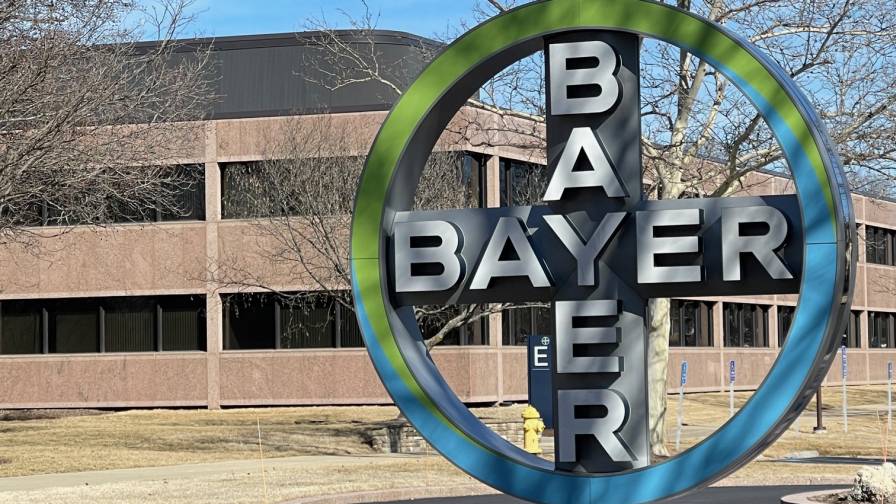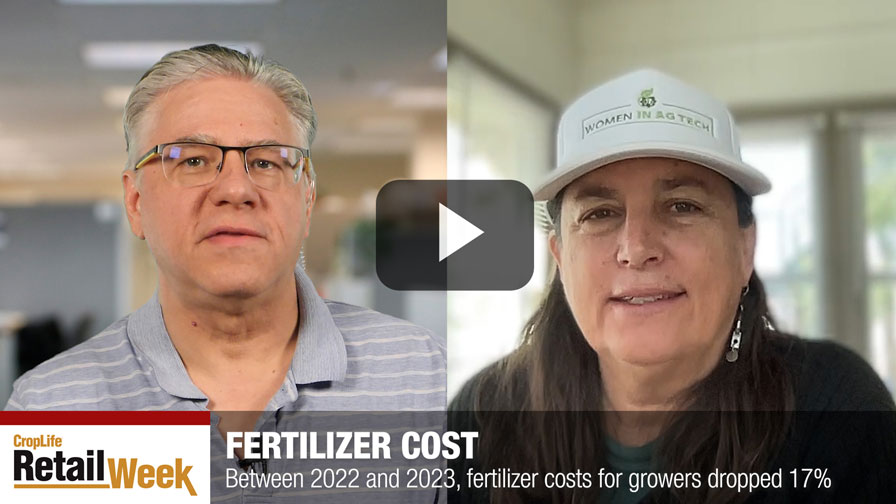3 Steps To Safeguarding Fertilizer Sales
 Just one look is sobering. The devastating impact of war is often featured on television and in newspapers, but may not be something that we come face-to-face within our own communities. Here at The Fertilizer Institute (TFI) however, we have become perhaps more familiar with the individuals whose lives have been forever changed in just a moment by the use of an improvised explosive device (IED) that is more often than not made with ammonium nitrate fertilizer.
Just one look is sobering. The devastating impact of war is often featured on television and in newspapers, but may not be something that we come face-to-face within our own communities. Here at The Fertilizer Institute (TFI) however, we have become perhaps more familiar with the individuals whose lives have been forever changed in just a moment by the use of an improvised explosive device (IED) that is more often than not made with ammonium nitrate fertilizer.
The Department of Defense estimates that some 75% of IEDs that are used against U.S. and allied soldiers serving in Afghanistan are made with fertilizer smuggled from Pakistan into Afghanistan. This is a jarring reminder of the chance that our very beneficial product — one that provides nutrients that are necessary for human life — can also be used in a criminally destructive manner.
Recently, Lt. General Michael Barbero of the U.S. Department of Defense (DOD) approached TFI and the International Fertilizer Industry Association (IFA) to make us aware of this matter. In our subsequent discussions with DOD, we had the opportunity to educate our military on the lessons learned during and after the 1995 Oklahoma City bombing where ammonium nitrate was so tragically used.
In our discussions, we were quickly able to educate General Barbero and his staff about the necessary role of fertilizers in world food production. The appreciation they gained for the tremendous benefits of fertilizers has factored into all of our discussions since then.
Outside Of Our Control
Yet, the IED problem in Pakistan and Afghanistan are political and thus outside the fertilizer industry’s control, we were reminded of the need for continued vigilance here in the U.S. In short, the lessons of the Oklahoma City bombing, where fertilizer was used with criminal intent here in the U.S.
The simple and very common sense steps your dealership can take to secure all fertilizers are: Know your customer, protect your product and make the right call to law enforcement if you notice suspicious activity of any kind.
- Know Your Customer. An inquiry from new customer without knowledge of fertilizer and agriculture is cause for concern. Specifically, can he or she answer some basic questions about the intended use of the product? Your employees should be educated to ask all new customers about their farming operation; their location and what crops they are growing are good starters here. As some dealerships learned the hard way, local and even national media will from time-to-time test the system by sending a reporter to a retail facility to make a purchase. While the threat of embarrassment alone should not be the driving factor in vigilance, it can serve as a means of keeping your employees on their toes.
- Protecting Your Product. This is the next important step in keeping your fertilizers and other chemicals out of the wrong hands. Again, taking this step is not only easy, it’s one you are likely doing to at least some extent. Please use this note as a reminder to review your dealership’s physical security. The measures here are site-specific. Is there product that is visible to the public? If so, it should be secured. Do you have locks on your warehouses? If not, this is another easy step that can be taken.
- Make The Right Call. If you notice anything suspicious, you should immediately notify your local law enforcement officials. They are equipped to step in and help.
The bottom line is that although we are a world away from the troubles of war, it is incumbent on all of us to look at the steps that we can take in our own back yard to ensure that the products that farmers and ultimately consumers rely upon are kept out of the hands of those who might do us harm.






